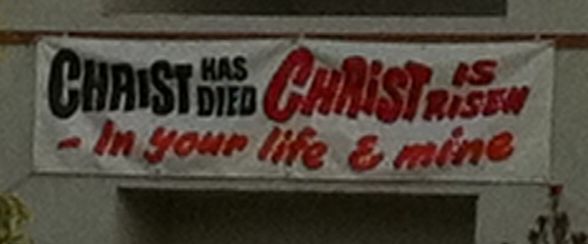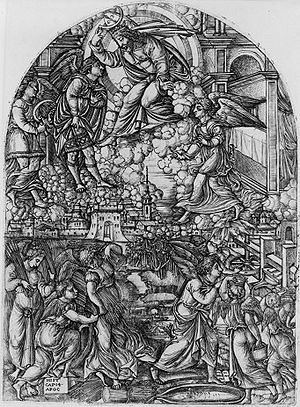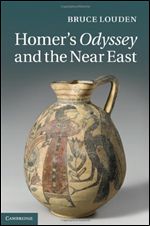What else am I to conclude? The evidence McGrath provides for his claim to have read chapter 6 of Doherty’s book is that he can cite names and topics that Doherty uses in that chapter. But at the same time McGrath strongly indicates that he merely glanced at those references and never bothered to read what Doherty was actually arguing. This is surely a kinder criticism than to suggest that McGrath cannot comprehend what he reads or deliberately suppresses what he reads.
(References in this post can be followed from McGrath’s pseudo-review of chapter 6 here, and from my outline of Doherty’s argument in chapter 6 here.)
Example. McGrath writes:
Doherty proceeds to consider details from the Gospels that he considers it (sic) surprising Paul and other epistle writers never mention in their letters. Often his response to the material borders on the bizarre. Why is it surprising that the later and clearly legendary details in the infancy stories in Matthew and Luke are not reflected in earlier literature? It is unsurprising to mainstream historical scholarship, which is familiar with countless examples of the same phenomenon, namely the development of mythologized birth stories around a historical figure.
I would have expected an honest reviewer to at least give a nod to Doherty’s argument. But not McGrath. Continue reading “McGrath does not read what he claims to be reviewing”








